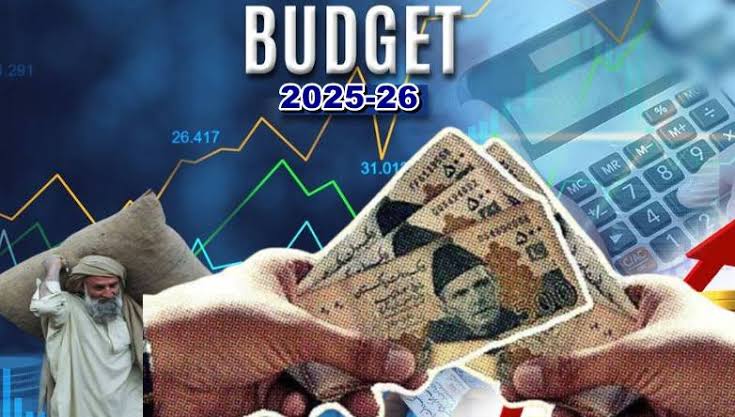Courier companies in Pakistan have announced a hike in delivery charges starting July 2025, following new tax rules introduced by the government. Under the latest regulations, courier operators are now required to deduct 2% withholding tax and 2% sales tax from sellers on all Cash on Delivery (COD) orders. These taxes will be collected and submitted to the Federal Board of Revenue (FBR) directly by the courier companies. Firms such as TCS, Leopards, M&P, Pakistan Post, Tax and other major logistics providers have already issued notices to their clients, including registered e-commerce businesses and online sellers. As per the Finance Bill, only tax-registered sellers will be eligible for courier services. Unregistered sellers will no longer be able to dispatch their orders through courier platforms. This development is part of the government’s broader effort to regulate and document Pakistan’s growing e-commerce industry. Courier companies, holding invoice details of each transaction, have been designated as tax agents to ensure compliance. Shoaib Bhatti, President of the Pakistan E-Commerce Association (Karachi Chapter), warned that the new taxes could slow down growth in the e-commerce sector. Larger businesses may absorb the costs, but smaller sellers will likely increase prices or delivery charges to stay afloat. He added that rising operational expenses—including fuel, electricity, internet, and taxation—are squeezing profit margins for digital businesses. Delivery fees for customers may go up, particularly for intercity and domestic orders. The FBR clarified that one-time or home-based sellers, especially women, are exempt from mandatory registration, offering some relief to informal businesses. However, the overall impact on the e-commerce ecosystem is expected to be significant.
Government Impose 27.5% Tax on Monthly Income of Rs 333,000 in 2025-2026 Budget
The Government of Pakistan has proposed a 27.5 percent income tax on individuals earning a monthly salary of Rs. 333,000 or more in the Federal Budget 2025–26. This move is part of efforts to boost revenue collection and fulfill commitments made to IMF. According to officials, the new tax rate targets high-income earners in the salaried class. The aim is to make the tax system more balanced by collecting more from those who have a greater ability to pay, while trying to protect lower and middle-income groups from additional financial pressure. Previously, an annual income of up to Rs1.2 million was exempt from tax. However, under the new proposals, this threshold might be reduced, although official confirmation is still awaited. The announcement has raised concerns among professionals who feel that the salaried class is already under pressure due to inflation and rising living costs. Many are urging the government to introduce relief measures alongside the new tax to avoid overburdening honest taxpayers. The proposal is part of the Finance Bill 2025–26 and will come into effect after approval from Parliament. More details are expected to be released in the coming days.

